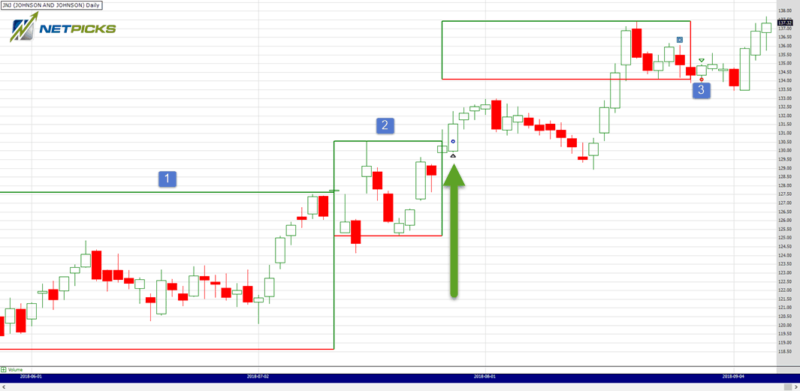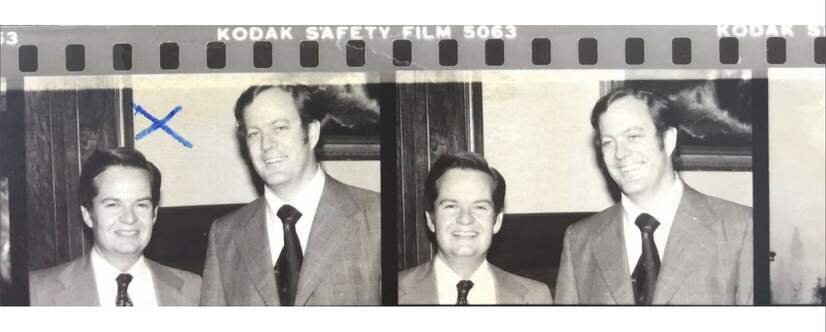How to Transfer Money from a Personal Account to a Business Account
Contents:


One of the most important is what type of bank account you should use. While technically you can use a personal account, it is almost always a huge mistake. So if you find yourself asking, “Do I need a business bank account? Still not sure about the ins and outs of business checking vs personal checking accounts? Check out some frequently asked questions to ramp up your understanding of these bank accounts. Authorized signers are people who have access to the funds in the checking accounts and can conduct transactions with the funds in the account.
How to delete your PayPal account in four easy steps – USA TODAY
How to delete your PayPal account in four easy steps.
Posted: Mon, 10 Oct 2022 07:00:00 GMT [source]
That is because the amount of what does mm mean spent on your company card will not have an effect on your utilization ratio. This is when creditors penalize your credit score by calculating how much credit you’ve used in comparison to how much credit you’ve been granted. Another key benefit of having separate accounts is allowing your company to build business credit. If your account is separated from your name, then it will build its own credit as an individual entity. You can also avoid the fees by spending a minimum amount of money on your business debit card. Having consistent transactions is another criteria that you can meet so that you don’t have to pay the fee.
Can I use my personal bank account as a sole proprietor?
When running a limited company, you need to keep clear and accurate records of your business income and expenditure. Using a separate account for all business transactions can make it easier to track your business spending, keeping it all in one place. Integrations can make it easier to manage your business by allowing you to connect your bank account to your favorite accounting software, payment processors, and other tools. With the right integrations, you can save time and reduce errors, while also gaining greater insights into your finances and staying on top of your cash flow. Opening a business checking account requires more documentation than opening a personal bank account. Some banks allow you to open an account online, but most require you to visit the bank in person.
Having separate accounts for your personal and business finances protects you from potential tax issues and gives credibility to your business. It also allows you to build business relationships with banks, which can help you get financing as your company grows. Businesses may use a line of credit in circumstances such as meeting unexpected expenses, getting funds during a liquidity crunch as well as finding money to grow the business. It may be okay for now to use your personal accounts, but there are some very good reasons for getting a business bank account as your business grows. If you plan to hire employees now or in the future, you may want to give them access to business funds to make purchases or pay bills on the business’s behalf.
Does your company need the ability to deposit large amounts of cash? Is in-person banking a priority or will you be making deposits after hours via an automatic telling machine? These are just some of the questions that need to be answered in order to find out which type of bank accounting is right for you.
Having Personal Banking Separate Helps Business Management
As such, a separate business bank account for an incorporated company is a must. You may also want to transfer funds from your business account to the personal one. This might be to pay back a loan, to pay yourself dividends, or to pay yourself a salary. To complete the process, simply log into your business account and enter your personal account details. Next, enter the amount you wish to send and the currency you want to transfer the funds in.
Bank of America Promotions: $100 Bonus Offers – Forbes
Bank of America Promotions: $100 Bonus Offers.
Posted: Mon, 03 Apr 2023 07:00:00 GMT [source]
Self-employment taxes can take a big bite out of your income—but you can take steps to minimize the impact. LLCs and S corporations are different aspects of business operations, but are not mutually exclusive. Use this guide to learn more about the difference between an LLC vs. an S corporation. Matt Sexton is a finance expert at Fit Small Business, specializing in Small Business Finance.
A Small Business Owner’s Guide to Business Savings Accounts
You won’t want to give them your personal account number or debit card. While it’s possible to use a personal checking account to run your small business, a business account can offer serious benefits and limit your personal liability and risk. To qualify as business tax deductions, expenses have to be for business purposes. When you pay personal bills with a business bank account, it makes it harder to identify business expenses. Or you could mistakenly categorize personal expenses as business, leading to penalties and a big tax bill from the IRS if you get audited.

In addition to the standard features of a business account, many providers offer extra services that can help you manage and grow your business more effectively. These might include things like invoicing tools, payroll services, and business credit cards. In many ways, a business bank account denotes an air of seriousness that a personal account does not. You don’t want your customers thinking that your business is a hobby, do you? In fact, having a business name and payment system that are different from each other might raise red flags with some customers or vendors. A business bank account puts your business’s name on checks,credit cardsand other payment methods, sewing credibility and trust into each financial touchpoint you have.
Organizing Your Account for Taxes
Before you open a business account, read over the details closely to know what costs you might need to pay and learn about the four main types of bank accounts. A business checking account is a separate account that business owners can set up to separate their personal and business finances. You can have business checking and business savings accounts and even business certificates of deposit .

As of November 2014, the United States and the UK agreed to provide basic bank accounts that are fee-free. For this reason, many people decide to use their personal bank account for their new business. It is not required by the HMRC that a business has a separate bank account; it is only required that the transactions be kept separate. Whether you work from home or own a multimillion dollar company, there are numerous reasons to separate personal and business finances.
With a business account, you can also have different groups of signatories. For example, one group could be sole signatories and another group could require dual signatures. Note that online business accounts also support “dual signature” authority.
You will need both a business checking and a business savings account. A business checking account allows you to process payroll, make purchases, and receive deposits. It will also allow you to provide you and your employees with a business debit card for expenses.

Because the structures separate you entirely as a different entity, you must also create different business checking accounts that separate the transactions from your personal ones. Keeping separate bank accounts makes accessing the money you need for either personal or business reasons easier to access. Business funds are readily available, and your personal account can be reserved for personal income needed to pay day-to-day expenses.
- Expense reporting can be a daunting, yet crucial task for small businesses, and credit card statements can be a valuable asset when monitoring business spending.
- If you don’t follow your account terms, your bank may close your account, disrupting your business if you suddenly can’t receive payments or pay your vendors.
- That’s unless you’re a limited company, then you’ll certainly need one.
- You will likely see immediate benefits in organizing your finances and building your business credit simply by opening a dedicated business account.
Fundid is driven by mission to empower business owners on their growth journey by simplifying business finance & access to capital. You’ll find that doola has helped thousands of business owners just like you focus on their business instead of the annoying paperwork required to get started. It would be unfortunate if you had a great business idea with enormous potential but it failed due to poor bookkeeping. This sort of situation happens every day, and it can be easily avoided by separating personal and business finances. When finances are mixed, it becomes very difficult for the business owner to track expenses and profits. You may have no idea how much profit you are actually making or how much money you are losing.
Personal accounts are also cheaper; business accounts require a monthly fee for the privilege of using them. Bonsai is easy to use and provides you with the tools that you need to grow your business further. These tools include an invoice, savings, tax management, and more when you start your free 14-day trial. Depending on the bank or credit union, they will provide different interest rates for your business savings account.



